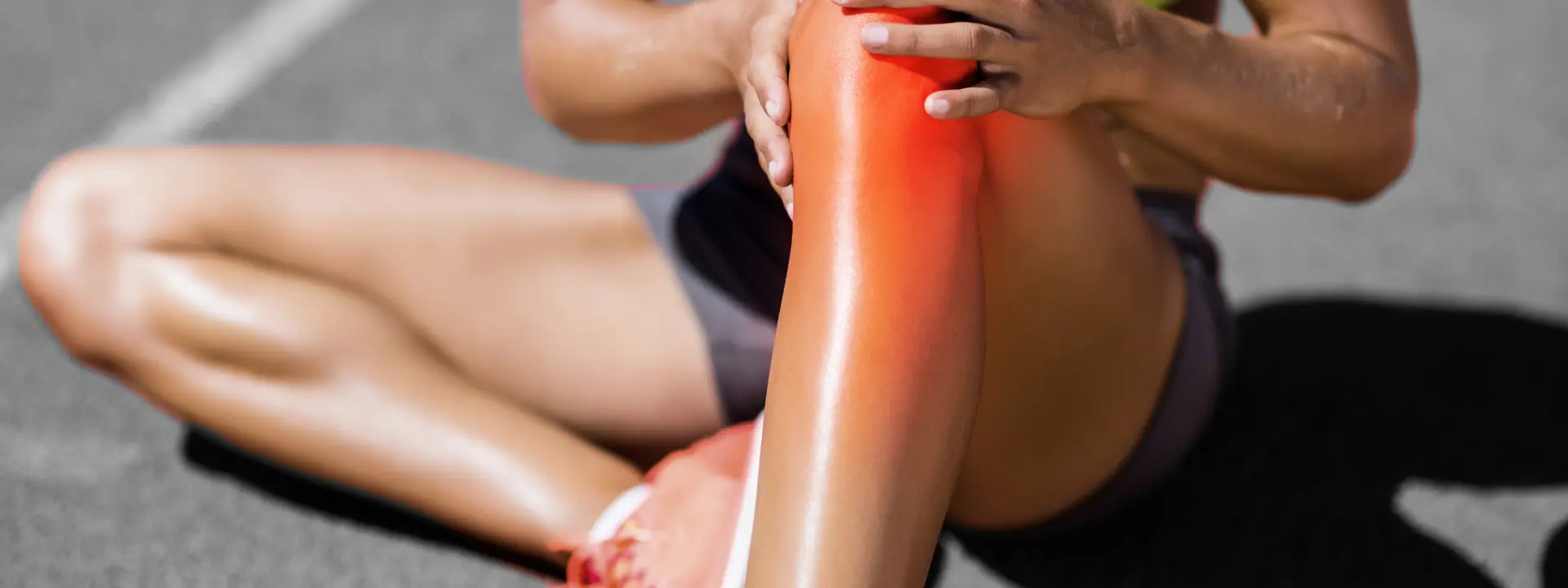Redefining recovery: How a Heriot-Watt alumnus is bringing smarter rehabilitation to the world

When Alex Birks began his degree in Robotics, Autonomous and Interactive Systems at Heriot-Watt University, he couldn’t have imagined that a personal injury would lead to a global health innovation. Today, as co-founder and CEO of Suji, he is transforming how people think about muscle health, rehabilitation, and recovery.
Suji’s technology — wearable compression systems that help users train and recover more effectively — was born from Alex’s own experience of knee rehabilitation. During recovery, he discovered the benefits of targeted compression training, a method proven to accelerate strength and muscle adaptation. With the entrepreneurial mindset encouraged at Heriot-Watt University, Alex saw an opportunity to change that.
“At university, I learned that everything is self-started,” he explains. “The support is there, but it’s up to you to take initiative. Heriot-Watt gave me the confidence and space to build something meaningful.”
That support extended beyond encouragement. When Alex began developing Suji while still a student, Heriot-Watt’s lecturers gave him the flexibility to pursue his idea — allowing him to use lecture times to attend the BioCity Accelerator programme. “They really understood what I was trying to do, I was often told that this is the point of university — to take opportunities like this and grab them with both hands.”
Through mentorship and the BioCity Accelerator programme, Suji evolved from a concept into a company now used by elite sports teams, physical therapy clinics, and consumers worldwide, addressing one of the most common causes of disability: musculoskeletal pain.
Globally, one in two adults experience chronic joint pain or stiffness every year. Suji’s wearable systems allow users to gain the benefits of high-intensity training safely at low loads — helping to preserve muscle strength, joint stability, and mobility as they age.
“Our vision is simple,” says Alex. “To make effective recovery accessible to everyone, from athletes to older adults, through smarter, science-backed technology.”
Reflecting on his journey, Alex shares advice for students who want to turn their ideas into ventures: “Only do it if you’re willing to fail. You will face some of the biggest challenges. But do it out of passion and love... you really have to be in a space that you love and feel compelled to the point that you’re irrationally bought into achieving it if you want to be successful.”
For Heriot-Watt University, Suji’s story reflects its wider mission: turning research and insight into impact that improves lives. From lab-based innovation to market-ready solutions, it’s a journey that demonstrates the power of translating knowledge into care.
Anyone interested in collaborating with the Global Research Institute in Health and Care Technologies can contact GRID@hw.ac.uk